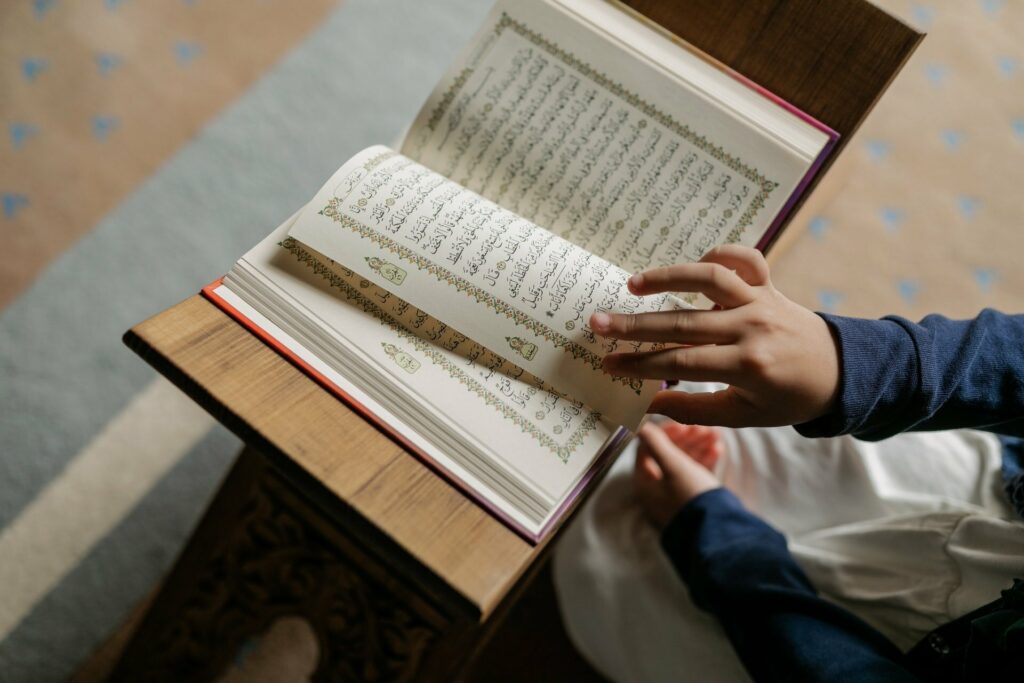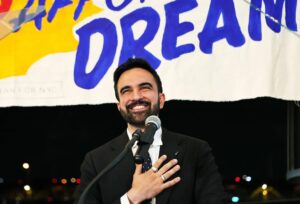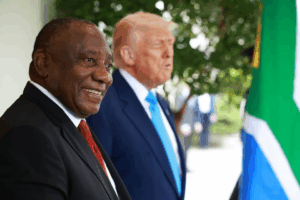
By Fuad Hendricks
This article is a tribute to two of our community stalwarts whose lives were an inspiration to us, and whose memories we cherish. These stalwarts were Issa Al Seppe, the former director of the Muslim Youth Movement, and Idris Nxedlane, the former founding trustee of the Kwamashu Mosque in Kwazulu-Natal. Idris was affectionately known by his colleagues as Ike. Their lives remind us that those who stand in awe of Allah (God) are elevated.
As a young man, the disconnect between the reading culture nurtured by the Qur’an and unreading (not inclined to read) mindset of some friends perturbed me at the time. At the age of 19 years, they considered me weird for reading ‘War and Peace,’ Tolstoy’s classic novel of early 19th century Russian society. A novel set against the background of the 1812 French Emperor Napoleon Bonaparte army’s invasion of Russia. Perhaps because the English translation from Russian was 1200 plus pages.
However, the fleeting thought that occurred to me at the time was that any community devoid of a reading culture is a society in decline.
Of all the organisations which I have been a part of in the early years, none of these had a structured human resource and personal development programme like the Muslim Youth Movement (MYM) and the Muslim Students Association (MSA).
Iqra (read-recite) was the first Qur’anic commandment to humanity. Prophet Muhammad (Peace and Blessings on him and all the Prophets) was its first recipient commanding him and humankind to read and act.
Reassuringly, the development of a successful (Falah) civilisation (a way of life) starts with the Iqra, (reading of the text and societal context). Utilizing the pen, books, computers, teachers, mentors, coaches, and other means as part of a learning culture.
Ultimately, the idea that the pen was mightier than the sword was the strategic thinking and personal growth programming of the Muslim Youth Movement and Muslim Students Association since its formation.
These were the tools, to build a civilisation which are the first principles mindset which the Qur’an and teaching of the Final Messenger of Allah nurtures, cultivates, and activates.
Warlike weapons featured much later in the life of Prophet Muhammad (peace be on him and all the prophets). The permission to fight according to Quranic injunctions was only to defend his God-ordered civilisation, which was militantly under attack by hostile adversaries.
I was captivated when I first attended the Islamic training programmes of the MYM and MSA. There was a huge educational gap between me and the speakers; whose intellectual development at the time surpassed me by a long shot.
The educational gap between me and the speakers at the World Assembly of Muslim Youth (WAMY) conference in Riyadh (1978) which I attended was even wider. I felt like a primary school learner in the presence of university professors with internationally acclaimed scholarship. Also present were well known community activists who lived close to the pulse of various communities; feeling their hurt and dealing with their challenges.
What compensated for my lack of knowledge and organisational inexperience was the mentorship of MYM stalwart and leader, Ebrahim Jadwat, who I accompanied on this trip to Riyadh.
The words of the Palestinian scholar Dr Ismail Faruqi, who was one of the keynote speakers, echoes in my mind ever since that WAMY conference: “Do not accept or reject any thought or idea without evaluating it.”
Educationist and personal development consultant Edris Khamissa’s perspective of the MYM and MSA Islamic training programmes, whether it was a camp, convention, workshop, or halqa (study circle or group) was that “these training programmes fulfil a personal development need which formal schooling does not provide.”
These programmes produced many people who have taken up their positions in society as mothers, fathers, professionals, and leaders.
For instance, Ismail Manjra, a lifelong member of the Arabic Study Circle, was a strong proponent of the MYM and MSA programmes. He together with his children, namely, Dr Ahmad and Dr Shuaib Manjra religiously attended these Islamic training programmes. Both Ahmad and Shuaib played key roles in the MYM and MSA both as students and health care workers.
Also, unforgettably, the editor of Al-Qalam, Dr Imraan Buccus’s father Muhammad, also affectionately known as Shafi, was passionate about the MYM training programmes. He and Imraan were regular participants. He was an ordinary father, like many of our mothers and fathers, but imbued with extraordinary parental enthusiasm for their loved ones to enhance their Islamic orientation.
The point was that the MYM and MSA Islamic training programmes became multi-generational in its outreach touching the lives of families, mothers, fathers, and their teenaged children.
These Islamic training programmes brought outstanding scholars and activists as guests of the MYM and MSA to South Africa. Their contribution reassured the Muslim youth that Islamic civilisation has a huge humanitarian and human resource developmental role to play in a world ideologically divided against itself where the thinking is “you are either with us or against us.”
Islamically dedicated author, scholar, translator, and explainer of the ‘Message of the Qur’an’, Muhammad Asad, sketches a picture of Muslims living in a world where religious, racial and civilisational prejudice have a long history
Islam advocates a success culture. A culture of excellence and best practice. Author Christian Madsbjerg’s, in his book SENSEMAKING – What Makes Human Intelligence Essential in the Age of the Algorithm, highlights the point that the Qur’an teaches Muslims to be successful. But Muslim majority societies are largely ridden by poverty, strife and underdevelopment showing the disconnect between Qur’anic injunctions of success and the current reality of Muslim civil society. “…Their belief in the Koran led them to believe that their society and culture would prosper and thrive. Instead, looking around, they saw only poverty and decline…” (SENSEMAKING).
Grasping the full impact of Madsbjerg’s perception one must have a sense of history. Muslims built, over the centuries, successful civilisations whether it was in Madinah, also called the city of the Prophet, Mecca, where Prophet Muhammad (peace be on him), first proclaimed his prophetic message. Iraq, Syria, Egypt, Iran, Palestine, Turkey, Spain, North Africa, Timbuktu, and several other regions were also impacted by Islamic civilisation.
Civilisations are not only about building smart buildings, real estate showpieces, but much more than this as Dr ‘Ali Shariati, the Iranian scholar and activist, pointed out in his work ‘Civilisation versus Modernisation’. Building smart buildings is modernisation but civilisation is when the inhabitants of a country or region respect, uphold the moral law, civilisational norms, and abide by it for the greater good of themselves, their families, their countries, and humankind, irrespective of civilisational orientation and diversity.
For example, the pharaohs built great buildings and monuments like the pyramids and palaces, but their civilisation lacked a human rights culture. The ruling class oppressed the Israelites and the marginalised Egyptians by treating them as the wretched of the earth.
My daughter Fatima asked me what the basis for famous physicist Stephan Hawking’s atheism or agnosticism was, which Stephan himself answers. When asked whether he ‘believes’ that there is order in the universe, he answered, “Yes.” But to the follow-up question as to whether there was a higher purpose in the universe, his answer was that there is no evidence to support such an assumption.
Stephan was a brilliant physicist and he lived admirably with courage despite his physical disability. Hawking was diagnosed with Amyotrophic Lateral Sclerosis. As ALS progresses, the degeneration of motor neurons in the brain interferes with messages to muscles in the body. The movie ‘The Theory of Everything’ remarkably captures his scientific pursuits and life’s journey.
Perhaps, the scientific schooling of Stephan, its educational epistemology, was atheistic in its outlook rather than theistic, believing in God (Allah) as the Creator of the universe.
But it is in the Training Programmes of the MYM and other Muslim formations where the theism, belief in God as the Creator is reinforced and given educational substance.
Whether there is still a crucial need for the Islamic training programmes conducted by the MYM after its founding and launch in 1970, as well as the MSA, particularly in a social media communication world where Shaikh Google searches (and other search engines) educates, and answers a myriad of questions, remains to be answered.


